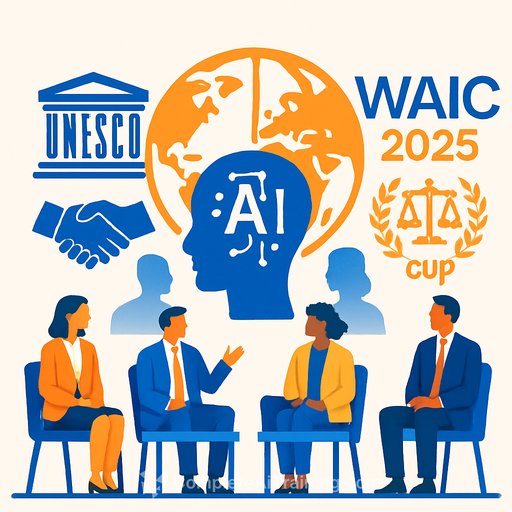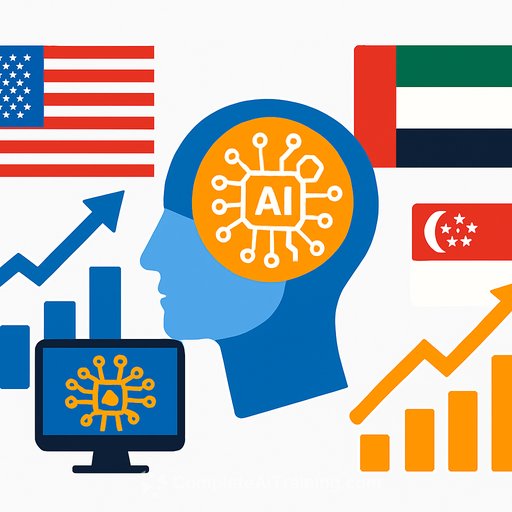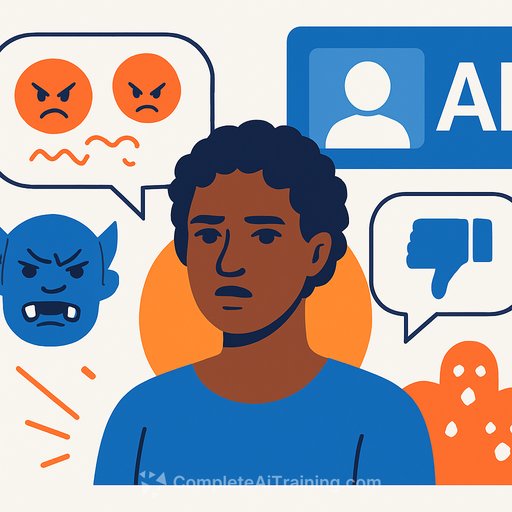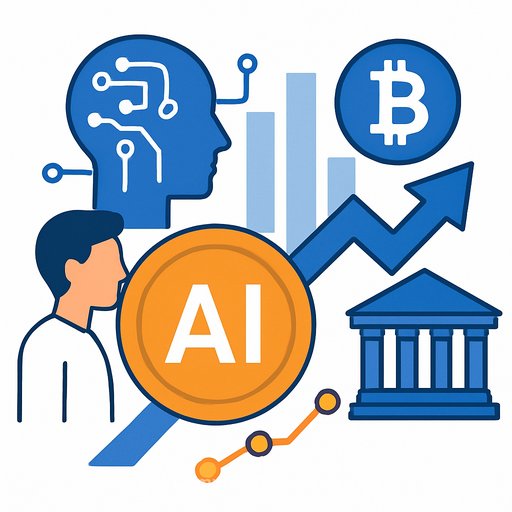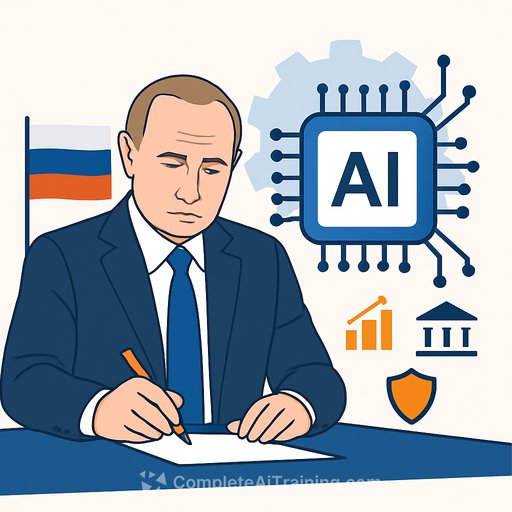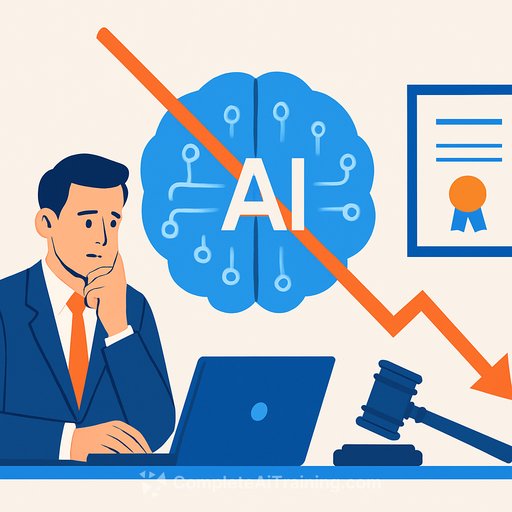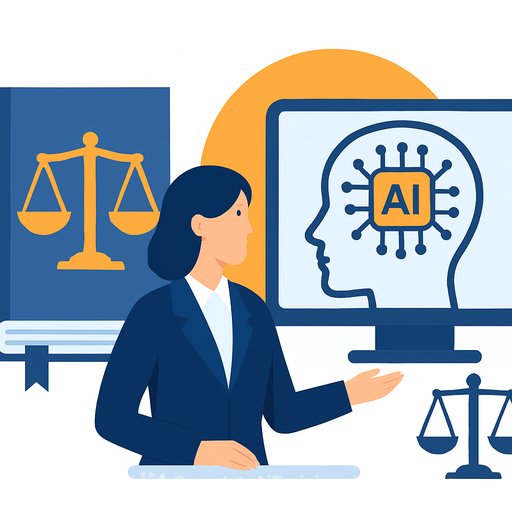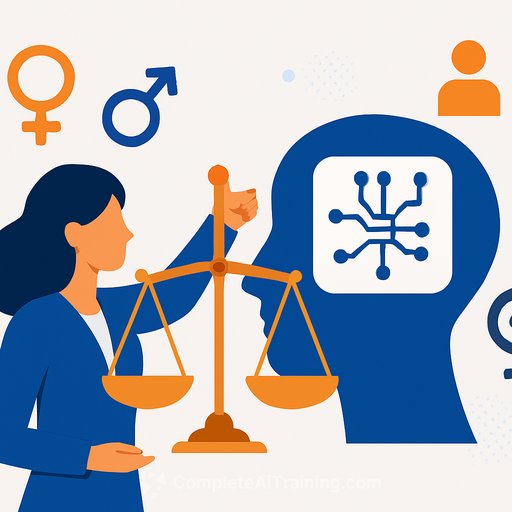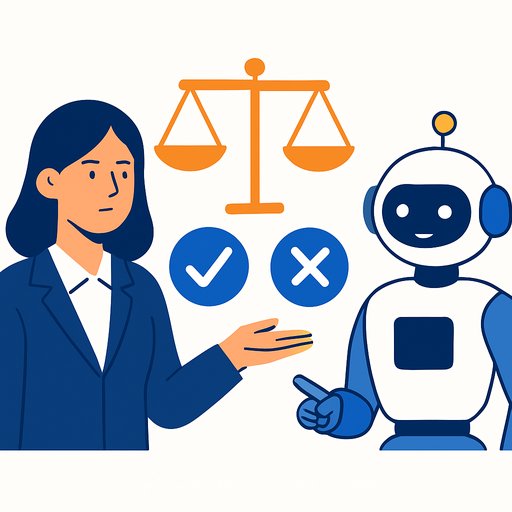UNESCO and China University of Political Science and Law Co-host Global AI Policy Dialogue at WAIC 2025
The “Global AI Policy Dialogue and Collaboration Development” Forum took place on July 27, 2025, at the Shanghai Expo Center during the World Artificial Intelligence Conference (WAIC) 2025. Co-hosted by UNESCO and China University of Political Science and Law (CUPL) with guidance from China’s Ministry of Justice, the forum addressed critical issues in global AI governance.
Discussions spanned four key areas: institutionalized dialogue, scaled AI applications, standardized regulations, and collaborative win-win strategies. The goal was clear—advance international consensus on AI governance frameworks.
Focus on AI Governance Capacity Building
Prof. Jiang Zeting, Chair of CUPL’s University Council, opened the forum by emphasizing AI governance as a strategic national priority. CUPL plans to deepen research on AI legislation and promote the creation of multi-level global dialogue platforms for AI governance. The university also supports cross-border exchange and cooperation on legal standards, technical norms, and joint risk assessments.
UNESCO’s Commitment to Ethical AI
Prof. Shahbaz Khan, Director of UNESCO’s Regional Office for East Asia, highlighted the importance of making AI a global public good. He referenced UNESCO’s Recommendation on the Ethics of AI, adopted unanimously by all Member States in 2021, which now guides AI ethics implementation in over 70 countries.
Key UNESCO initiatives presented included:
- The AI Ethics Experts without Borders Network and Global AI Ethics and Governance Observatory to promote international dialogue.
- The Women4Ethical AI Platform addressing gender equality in AI development.
- The AI and the Rule of Law Initiative exploring synergies between technology and legal frameworks.
- AI Competency Frameworks aimed at improving public AI literacy.
Prof. Khan also underscored education’s role in tackling AI governance challenges and digital divides, spotlighting Shanghai’s International Institute for STEM Education. This UNESCO Category 1 Centre integrates AI into global science, technology, engineering, and math education.
He concluded by calling for adoption of shared governance frameworks such as UNESCO’s Recommendation and the UN’s Global Digital Compact, alongside supporting developing nations with sustainable technology sharing and capacity building. Multilateral platforms like WAIC were underlined as essential for inclusive AI governance.
Voices from Government and Global Experts
The forum was facilitated by Prof. Zhang Linghan of CUPL. Keynote remarks came from Vice Minister Wu Zeng of China’s Ministry of Justice and Vice Mayor Zhang Yahong of Shanghai, along with representatives from Algeria, Cambodia, and other countries.
Vice Minister Wu stressed the rule of law as a foundation for healthy AI development. She outlined three guiding principles:
- Human-centered approaches ensuring AI benefits society.
- Equality, openness, and inclusiveness in AI governance.
- Balancing present needs with future foresight in AI policies.
These principles aim to advance legal frameworks and refine global governance systems to support socioeconomic development and equitable technological innovation.
Vice Mayor Zhang shared Shanghai’s strategy to deepen AI industrial deployment through enhanced rule-based dialogue, institutional innovation, and governance cooperation. The city seeks to contribute “Shanghai Solutions” and “Chinese Wisdom” to narrowing the global intelligence divide.
Global Experts Convene on AI Safety and Governance
More than 200 experts attended, including delegates from China’s Central Cyberspace Affairs Commission, the UN Office for Digital and Emerging Technologies, the EU AI Act drafting team, academic institutions from Japan and South Korea, the Chinese Academy of Sciences, Ant Group, and Douyin Group.
Constructive proposals focused on safe, healthy, and orderly AI development. A closed-door session reviewed the baseline assessment research of AI development in China, Japan, and South Korea, incorporating expert feedback to strengthen East Asian governance collaboration.
The 2025 World AI Conference and High-Level Meeting on Global AI Governance ran from July 26 to 28 in Shanghai, with the theme “Global Solidarity in the AI Era.”
For professionals interested in further developing AI governance knowledge and skills, exploring specialized courses can provide practical insights. Resources like Complete AI Training’s latest AI courses offer focused content on AI ethics, policy, and technical standards.
Your membership also unlocks:

